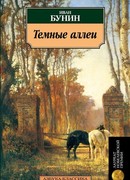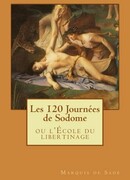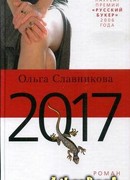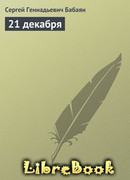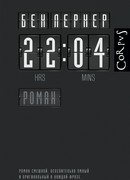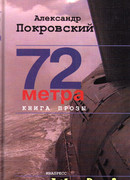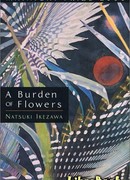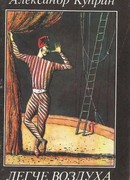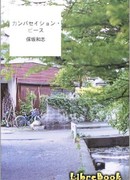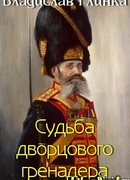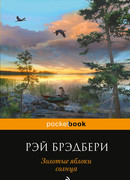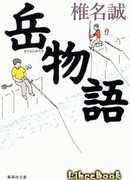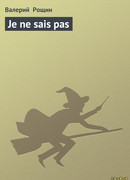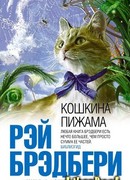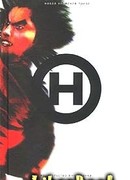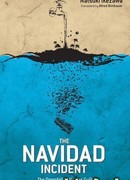Нацуки Икэдзава на сегодняшний день признан лучшим японским писателем в жанре малой прозы. Его произведения отмечены престижной литературной премией Кэндзабуро Оэ и наивысшей премией Акутогавы( 1987 год).
Natsuki Ikezawa has been described as the best short story writer in Japan today, and colleagues as accomplished as Nobel Prize winner Kenzaburo Oe have publicly admired his work. This is no mean achievement in a country where short fiction is as highly appreciated as the shorter forms of verse for which Japan is famous.When Ikezawa won his country's highest literary honor, the Akutagawa Prize, in 1987 for "Still Life" -- one of two longer stories in this collection of five -- readers hailed the arrival of a new voice in Japanese fiction: clear, precise, and profound. Though thoroughly modem in its themes, however, this is not "difficult" writing: Ikezawa makes no effort to be deliberately experimental, and even his wildest flights of fancy are anchored in a reassuring normality. A pet dinosaur, for example, whose imaginary activities are faithfully recorded in the pages of one character's diary, is somehow understandable and eventually endearingly real.
As the title of the prizewinning piece suggests, all these stories are in some way about people moving away from life, seeing things from a distance, as though observing their world from a spaceship moving into orbit.
Here, and we hope in other collections to come, we present one of a handful of younger writers in Japan who have not abandoned serious fiction for fashionable entertainment but continue to maintain the highest level of imaginative prose

